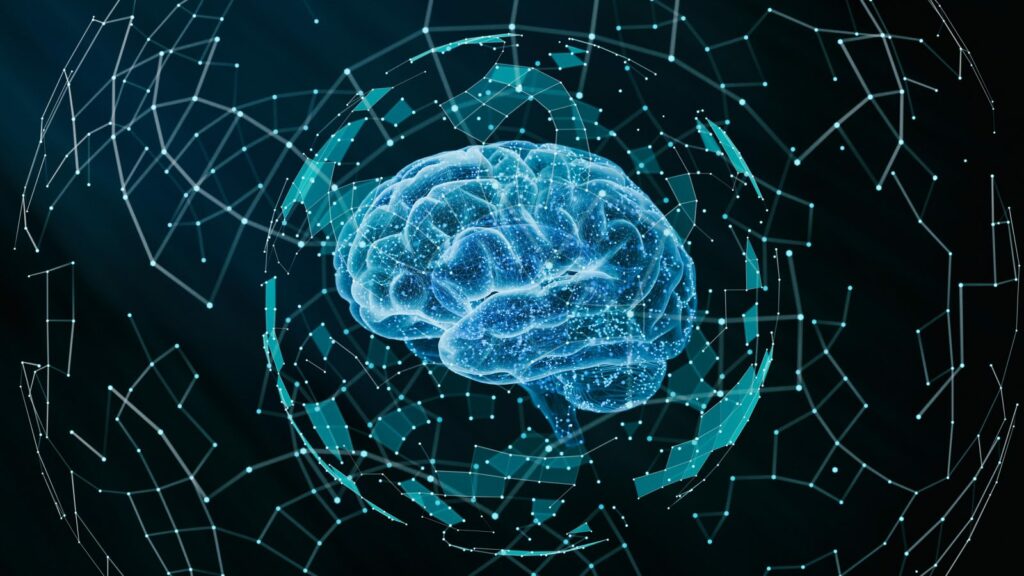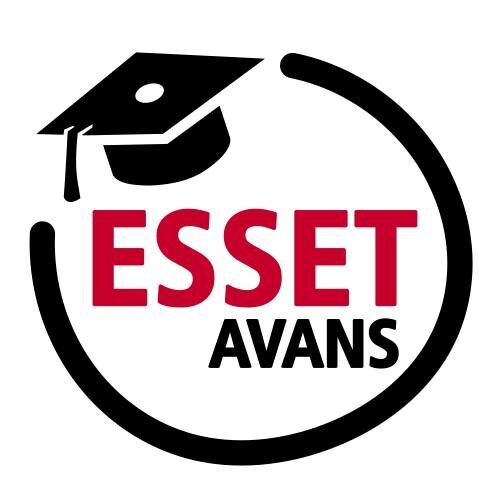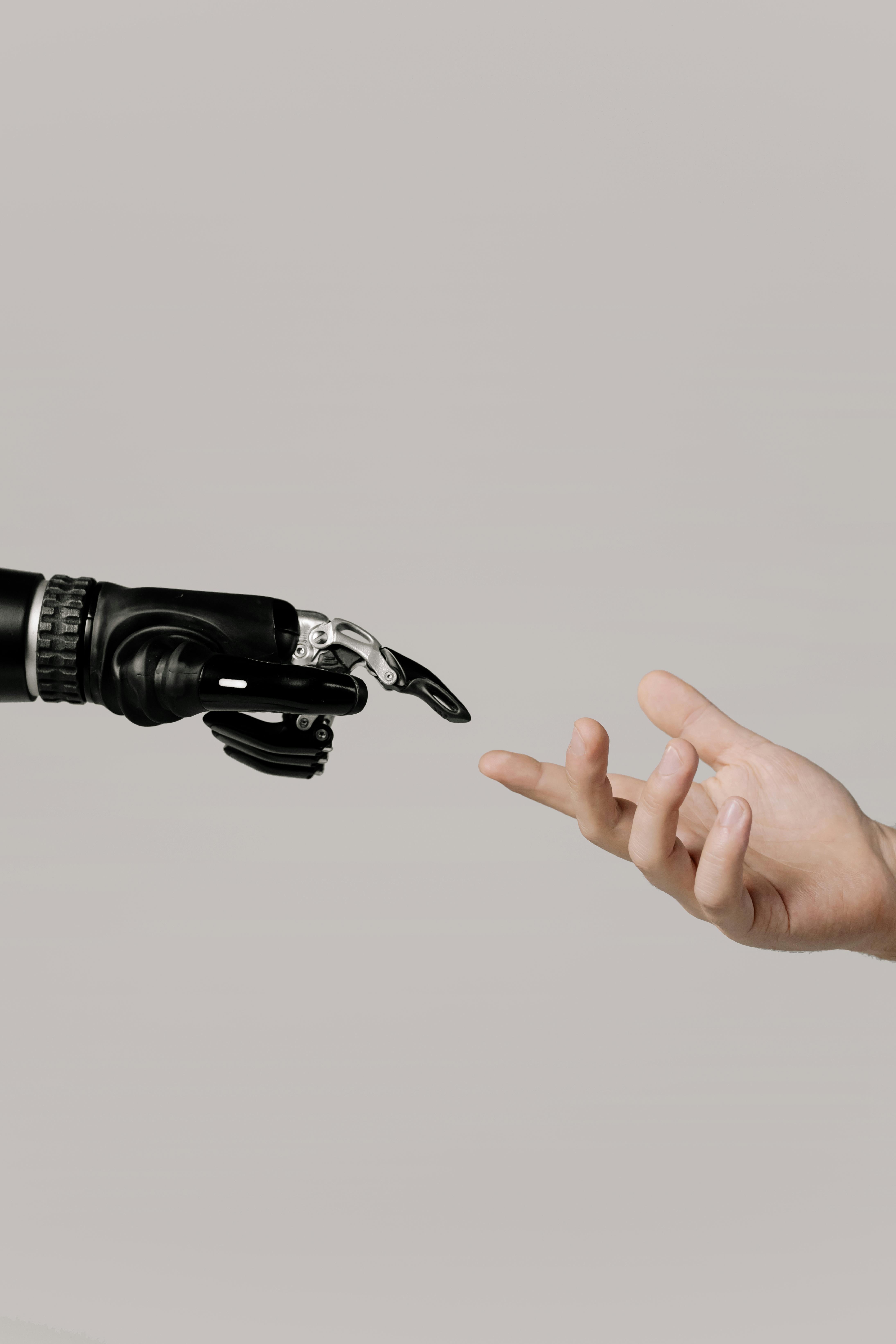There have been significant developments in artificial intelligence tools such as Chat GTP, which is an effective tool for finding and processing information. Some individuals fear that artificial intelligence (AI) tools like Chat GTP will replace human workers, eliminating current jobs. Especially since UN DESA data shows that our population is expected to reach 9.8 billion people by 2050 of whom 6 billion people will be of working age. As already seen with past revolutionary technologies, it is expected to eliminate a certain number of jobs: it could affect or eliminate ¼ of all the current positions in the US. Many industries benefit from artificial intelligence tools such as agriculture, retail, and transportation but at the same time, it has a negative impact on unemployment rates within these industries. Think of self-service checkouts which take away the need for cashiers.

However, many experts argue that AI will also create new jobs and enhance many existing jobs. AI helps humans to perform tasks more efficiently and accurately and frees up human workers to focus on higher-level responsibilities that require creativity and emotional intelligence. As already mentioned, history has shown that such technologies will eliminate jobs, though it has also led to the creation of new jobs such as positions in engineering and IT which are needed for developing and updating AI technologies. To adapt to the evolving job market, the upskilling and reskilling of individuals is required by offering education and training programs.
Moreover, despite the remarkable progress in AI, there are still numerous tasks that require distinctly human skills and qualities. Empathy, creativity, and emotional intelligence are domains where humans excel and are crucial in sectors such as healthcare, customer service, and education where the human touch is irreplaceable.
While concerns about AI tools causing unemployment are understandable, the reality is more complex. Rather than replacing jobs entirely, AI technology has the potential to enhance existing jobs and create new job roles. AI allows humans to focus on higher-level work that requires uniquely human skills. The ongoing evolution of the job market requires the upskilling and reskilling of individuals to ensure that they can adapt and thrive in the AI era. As we embrace AI as a tool for collaboration, we can unlock its potential to enhance productivity, improve work quality, and create new opportunities for human workers.

